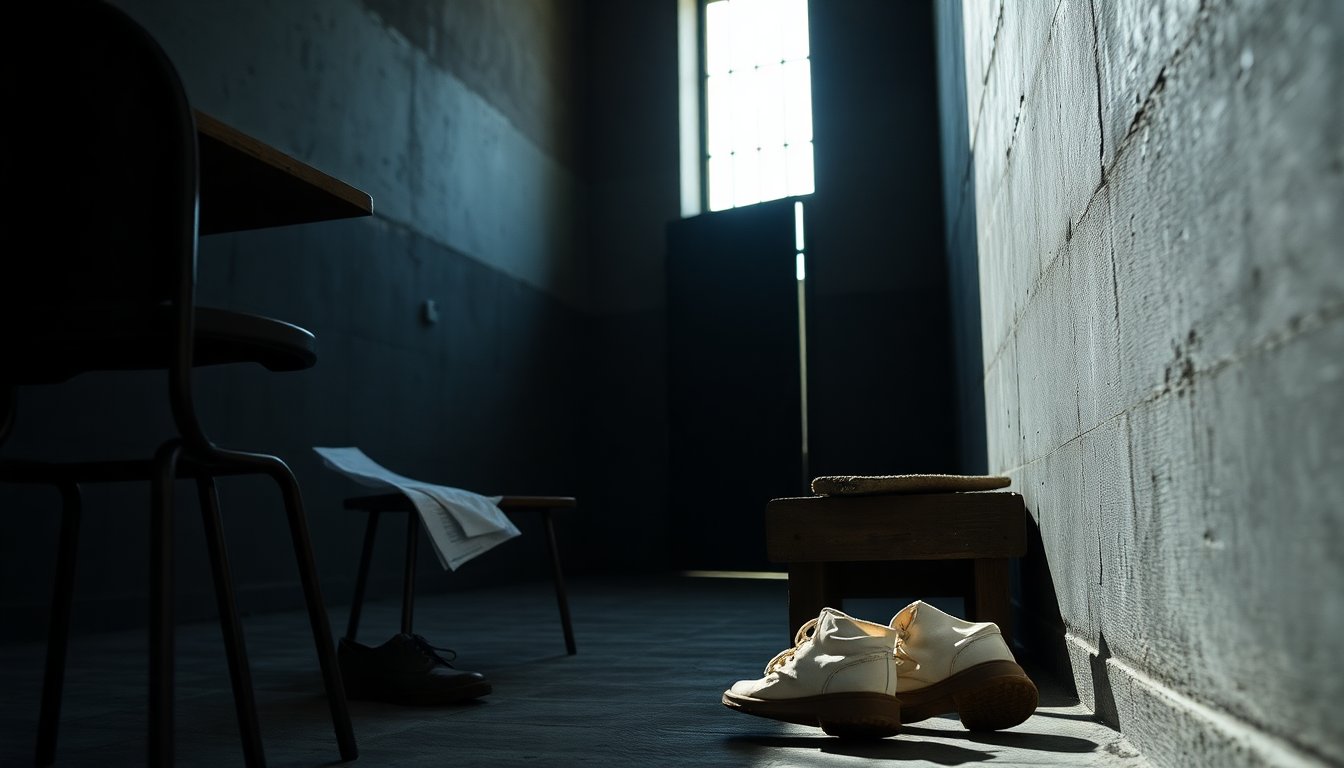Table of Contents
The recent investigation into the circumstances surrounding Palestinian detainees in Israel has uncovered significant discrepancies in the classification of those held on various charges. A collaborative report from multiple investigative outlets reveals a troubling reality: only a small fraction of these detainees are actually connected to militant groups. This raises critical questions about the treatment and categorization of individuals within the Israeli detention system.
Understanding the Detention Landscape
The Israeli military intelligence’s claim that only 25% of Palestinian detainees are affiliated with militant groups starkly contrasts the broader narrative often portrayed in media and political discourse. This investigation underscores the implications of Israel’s 2002 Unlawful Combatants legislation, which allows authorities to arrest individuals based on suspicion rather than concrete evidence of involvement in specific acts of violence.
The cases of these detainees highlight the extreme nature of such arrests. For example, an 82-year-old woman suffering from Alzheimer’s was detained for six weeks, illustrating the indiscriminate nature of arrests that often ensnare civilians, including vulnerable populations such as the elderly and children. The investigation reviewed a classified Israeli military database, which is considered the most reliable source regarding the identities of alleged militants. However, the data indicates that out of over 47,000 names cataloged, only a small fraction were arrested, suggesting that the vast majority of detainees do not fit the profile of armed combatants.
The Human Element: Individual Stories and Systemic Issues
Personal accounts reveal the human cost of these detentions. The investigation detailed the plight of individuals like Fahamiya al-Khalidi, who, along with her caregiver, was classified as an unlawful combatant despite her advanced age and health conditions. Such narratives are not isolated incidents; they reflect a broader trend of detaining civilians under the guise of national security, often resulting in severe psychological and physical distress.
Compounding these issues is the treatment of prisoners within Israeli facilities. Reports indicate that conditions are harsh, with documented evidence of torture and inhumane treatment. Testimonies from whistleblowers and various human rights organizations have revealed acts of violence against detainees, including sexual assault and brutal interrogation techniques. These revelations underscore the urgent need for accountability and reform within the Israeli prison system.
Implications for Policy and Future Action
The findings of this investigation not only challenge the legitimacy of Israel’s detention practices but also call for a reevaluation of policies regarding Palestinian detainees. As Israel continues to face scrutiny over its treatment of prisoners, international observers and human rights advocates emphasize the importance of transparency and adherence to international law. The conditions under which detainees are held and the criteria for their arrest must be critically assessed to prevent further violations of human rights.
The situation in the prisons, as articulated by officials like Itamar Ben-Gvir, the far-right national security minister, raises alarm about the future trajectory of detainee treatment. His statements regarding the intention to worsen conditions for prisoners highlight a disturbing trend that could lead to increased suffering among an already vulnerable population.
Moving forward, it is essential to amplify the voices of those affected by these policies and advocate for humane treatment and justice for all detainees. Understanding the complexities of this issue is crucial for anyone seeking to engage meaningfully with the realities of the Israeli-Palestinian conflict.


